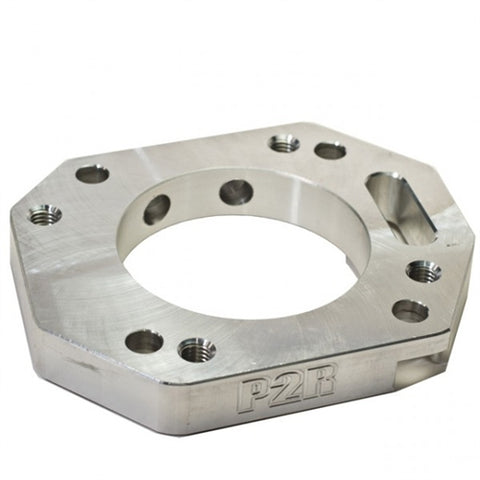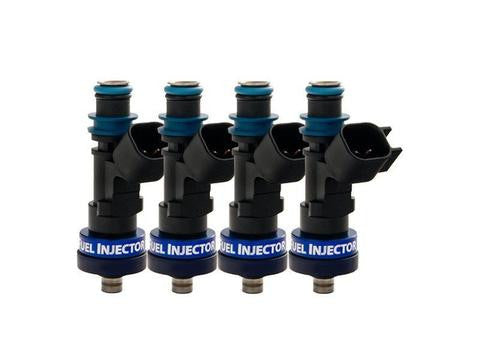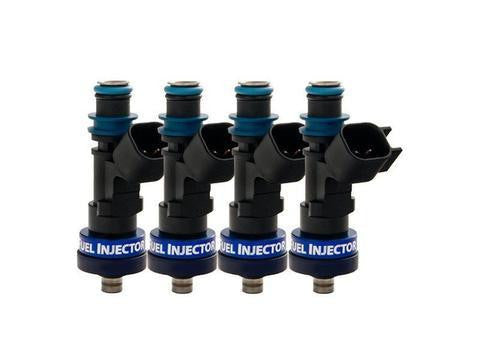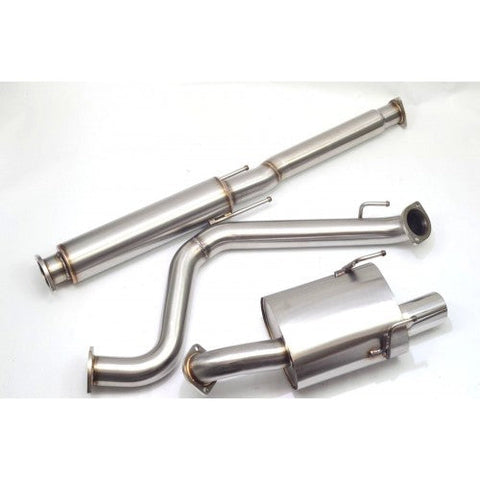
Fluidampr Honda All B Series PS Air / Alt Pulley Steel Internally Balanced Damper
| Fitment | 1990-2001 Honda. B series engines. |
| Bore Diameter | 1.1800" |
| Degree Marking Range | TDC, 3 timing marks 2 degrees apart |
| Degree Markings | Engraved |
| Engine Balance | Internal |
| Finish | Black Zinc |
| Keyway | Single |
| Length | 2.480" |
| Material | Steel |
| Mounting Hardware Included | No |
| Outside Diameter | 5-7/8 |
| Pulley Finish | Hard Coat Anodized |
| Safety Rating | SFI 18.1 |
| Weight / Rotating Weight | 7.8 lbs / 5.2 lbs |
Some applications include:
| 1990 | 1993 | ACURA | INTEGRA | GS;LS;RS | B18A1 | |
| 1992 | 1993 | ACURA | INTEGRA | GSR | B17A1 | |
| 1994 | 2001 | ACURA | INTEGRA | GS;GSR;LS;RS;TYPE-R | B18B1;B18C1;B18C5 | |
| 1999 | 2000 | HONDA | CIVIC | SI | B16A2 | |
| 1994 | 1997 | HONDA | DEL SOL | VTEC | B16A2;B16A3 | |
| 1997 | 2001 | HONDA | CR-V | EX;LX;SE | B20B4;B20Z2 |
Fluidampr is the best damper on the market!
Controls torsional vibrations at all RPMs
No tuning or maintanence required
Safely increases torque and horsepower
Extends crankshaft and bearing life
Improves valve timing
Proven for over 60 years
Preferred choice of many OEMs
Fluidampr Engine Dampers: Fluidampr Engine Dampers are designed to control destructive vibrations which are transfered thru the crankshaft.
Each time the air/fuel mixture inside a cylinder is ignited, the combustion that occurs creates a torque spike that is applied to the crankshaft through the piston and rod. This torque spike is so severe that it not only turns the crankshaft, it actually twists the crankshaft ahead of its normal rotation and then the crankshaft rebounds. This twisting action is known as torsional vibration. When these torque spikes and forces get into phase with the natural frequency, critical torsional harmonic vibrations occur and can be seriously destructive to the bearings and the crankshaft. Dampers are designed to control those destructive vibrations.
Critical harmonic vibrations occur numerous times in a engine's operating range. Stock rubber and elastomer-type dampers are frequency sensitive "tuned absorbers", and work at only one critical frequency. In the case of a stock rubber damper, it is tuned for a factory engine's critical harmonic vibrations. If you change the mass of pistons, rods, or the crankshaft, you change the natural frequency of the crankshaft assembly; therefore, the stock damper is no longer tuned to the new frequency of vibration, and you may be headed for early failure of expensive engine components. Dampers also create heat while they work, and rubber is a poor dissipator of heat. This heat and the exposure to the elements deteriorates rubber, causing it to crack and change durometer, which then leads to inertia ring slippage, damper failure, uncontrolled torsional vibration, and costly engine parts breakage.





